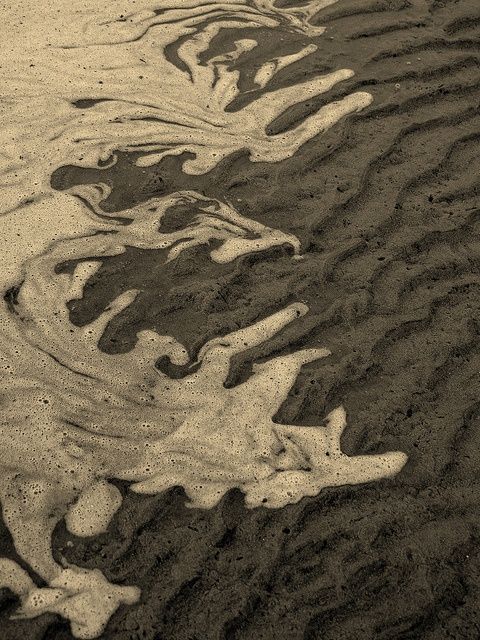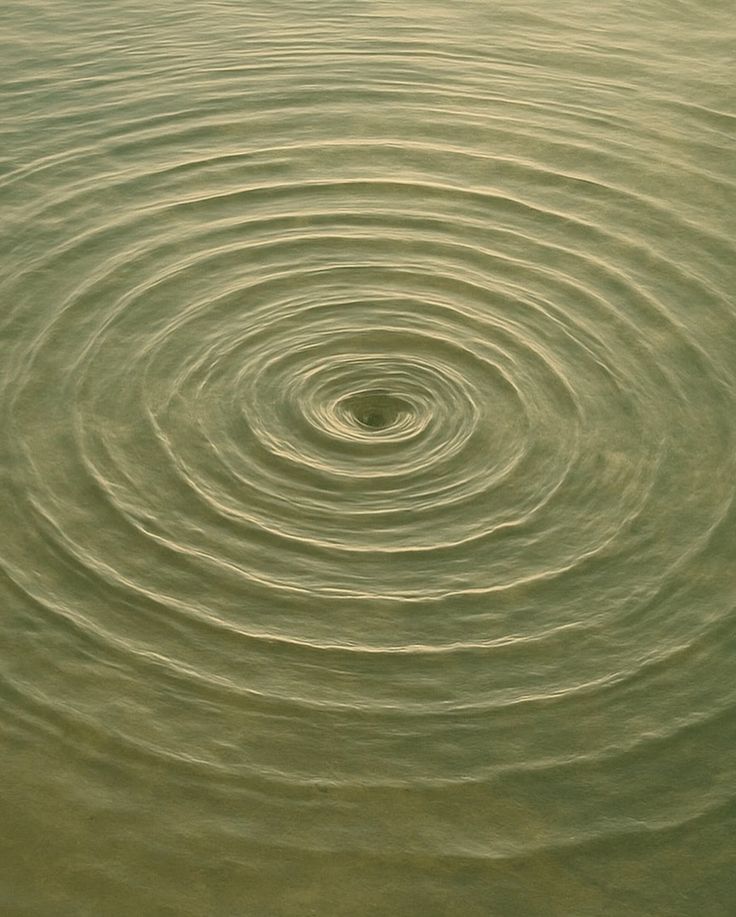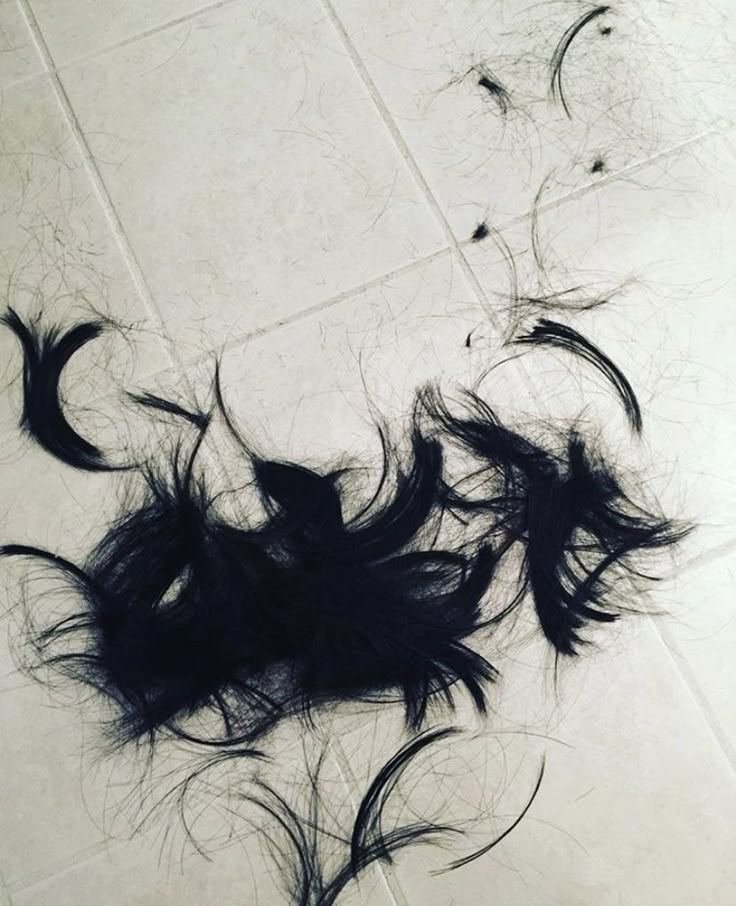I’ll start by saying: It’s not your hair that’s oily, it’s your scalp!
For so many years of my career, I’ve heard, “Don’t wash your hair too much, you’ll strip your natural oils!”
Yes—shampooing your HAIR too often is certainly drying and strips the hair of its moisture (this is hygral fatigue). But shampooing your SCALP often (if you’re doing it right) is absolutely part of creating a more fruitful environment for your hair to flourish.
Think of it this way: Would you only wash your face once a week? Would you only wash your body once a week, and maybe not so well?
Particles and irritants that get trapped in your follicles can lead to breakouts, and too much buildup can get funky quick. Just like you want to clear away everyday dirt and dead skin cells from the pores on your face, you want to make sure you’re clearing away anything that’s suffocating your follicles, too.
At the same time, you don’t want to wash so hard, so harsh, or so hot that you disrupt your scalp’s natural balance, or you could dry it out. This can cause it to actually overcorrect by producing too much sebum. In other words, drying out your skin can actually make it oilier.
FUN FACT: Oiling will make your scalp (and in turn your hair) less oily! How? Scalp oiling can seem counterintuitive when dealing with an oily scalp, but it can be beneficial for several reasons:
- Balancing Oil Production: Sometimes, an oily scalp results from overproduction of sebum (the natural oil produced by the scalp) due to dryness or irritation. Oiling can help to moisturize the scalp, reducing the need for excessive sebum production.
- Regulating Sebaceous Glands: Regular scalp oiling can help in regulating the activity of sebaceous glands. When the scalp is hydrated and nourished, these glands, which are responsible for oil production, may normalize their oil output.
- Preventing Over-washing: Oiling can reduce the need for frequent washing, which can strip the scalp of its natural oils, leading to a cycle of overproduction of oil.
- Anti-inflammatory Properties: Many natural oils have anti-inflammatory properties that can soothe the scalp and reduce irritation, which can sometimes contribute to overproduction of oil.
- Healthy Scalp Environment: Oiling can also promote a healthy scalp environment, reducing the likelihood of flakiness and other issues that might exacerbate oiliness
It all starts with your scalp, but your strands need some love too. So whether you’re noticing dryness, flakiness, oiliness, itching, or other issues, here are some simple ways to balance your hair and scalp!
Check your shampoo
The first question I always ask is: What shampoo do you use? It MATTERS!
Bad shampoo is like washing your face with detergent. Our scalps have a protective chemical barrier on top made up of natural sebum and sweat, and this helps protect your scalp against toxins and pathogens from entering in. Your barrier likes to be slightly acidic, and if this acidity gets thrown off, it can lead to drying, irritation, greasiness, flakiness, breakouts—all of the above.
When it comes to shampoo, simple is best. Look for a shampoo that’s pH-balanced and free of harsh sulfates. That’s not to say you should be afraid of a shampoo that lathers. There are mild lathering agents out there that won’t irritate your skin. You just want gentle, hydrating ingredients that will actually nourish and soothe, not strip.
When in doubt or if you have sensitive skin, look for a shampoo like ours that’s hypoallergenic and fragrance-free.
Shampoo 2-3x per week
Once you’ve got a gentle, pH-balanced shampoo, don’t be afraid to use it! My scalp is squeaky clean. Literally, I can run my finger down a hair shaft and it squeaks and only when I feel that do I know my scalp is clean of all my oils and treatments.
You don’t have to shampoo every day—a healthy scalp can go days! But particularly if you’re keeping up with your oil treatments, you’ll want to wash regularly and thoroughly. I usually shampoo my SCALP 2-3 times after oiling.
Wash smarter, not harder
There’s a lot going on while you shower—from water temperature to how well you rinse—that can affect the health of your scalp. Here’s how to make sure your shampoo is working for, not against you:
Feed your follicles
Scalp oil cleansing is an integral and important part of your regimen and is necessary to maintain scalp health. Just like oil cleansing for your face, it’s detoxifying, nourishing, moisturizing, and important for cell renewal. I use the Follicle Drops throughout the week and the Scalp Mask once weekly to get those beautiful oils into my skin.
Stimulate your scalp
I don’t know who needs to hear this, but: Touch your head! Starved blood flow to follicles has been linked to certain types of hair loss, so it’s crucial to stimulate your scalp. A good scalp massager can encourage blood circulation, kind of like reminding your vascular system that your follicles need flow, too.
Condition strategically
If you’re keeping up with your oil treatments and using a non-drying shampoo, your scalp doesn’t need conditioner to moisturize it. Conditioner residue on your scalp can clog up follicles, signaling to stop oil production, which leads us back to the dry, flaky scalp we’re trying to avoid.
In other words? That nourishing conditioner is for your hair, so apply it OFF the scalp (like from the ponytail down).
If your hair tends toward the drier, frizzy side, try a leave-in conditioner once a week to help keep it smooth. Just listen to your hair. If it begins to feel like it has too much buildup, you might be using your leave-in too often. At that point it’s basically just coating your strands like wax and eventually your hair will get drier and more brittle.
Don’t overdo it with protein
Lastly, don’t overuse protein on your hair. This is why: Porous hair is like a boat with holes in it. It’s sinking, and the protein-filled products will plug those holes in the cuticle. At first we, as consumers, are like, “Oh wow, this product works so great! Let’s use even more!” and then eventually it stops working. Why? Because protein made in a lab in products is a hard element, so yes it plugs all the holes in the cuticle, but with excessive use the hair can't bend, so it begins to break.
Takeaways
Your Najeau treatment will work best when you have an easy and pH-balanced line of products you use with it. For instance, if you use the Najeau oils but your shampoo still has harsh sulfates and alkaline ingredients, your hair and scalp might remain oily.
When in doubt, keep it simple! Here’s a quick schedule to keep your scalp and hair balanced.
2-3 times minimum throughout the week:
- Shampoo your scalp
- Follicle dropper before every shampoo (or overnight)
- Scalp massage
- Condition your hair (staying off the scalp!)
- Use a microfiber drying towel
Weekly:
- Scalp mask or hair mask
- Leave-in conditioner for dry hair (staying off the scalp!)
I’ve shampooed a lot of scalps and have seen a lot of scalps transition from healthy and balanced to oily and dry and vice versa. If you’ve noticed more flakiness or irritation than usual, or if your hair isn’t staying as clean in between washes, I can tell you that following these tips will help you create a more harmonious head of hair!
Warmly,
Nina



